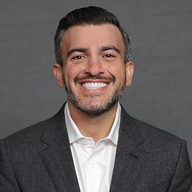It’s a Friday night, February, 2019, and I’m in the back of an Uber with my wife on the way to dinner in Boston.
I turn to her and say, “I think I should start doing more press and write about my story.”
“Yeah, of course you should,” she says, “but don’t you hate that stuff?”
It’s true. Managing my “personal brand” has never been something I’ve cared much for. I’ve focused on other things – managing my business, keeping our employees engaged … you know, the stuff that matters.
The recent college admissions scandal has shifted my thinking on this. I wasn’t very moved by the story at first. We already knew rich people have a lot of advantages; this seemed like just one more example.
But then it hit me: This scandal strikes at the heart of the American Dream – frankly, at any dream – that if you work hard enough, and are determined enough, you can achieve the same things as those who started out with more advantages than you. That it doesn’t matter who your family is. That dreams are for the taking.
We all want to believe that anyone can achieve anything with hard work and determination, regardless of where they started.
It’s scary to think that this may not be the case. For many young people who don’t come from money, this can be profoundly discouraging. It’s easy to see why someone reading about a parent buying her kid’s way into college would make it feel like that dream is dead.
My story is proof that the American Dream is not dead.
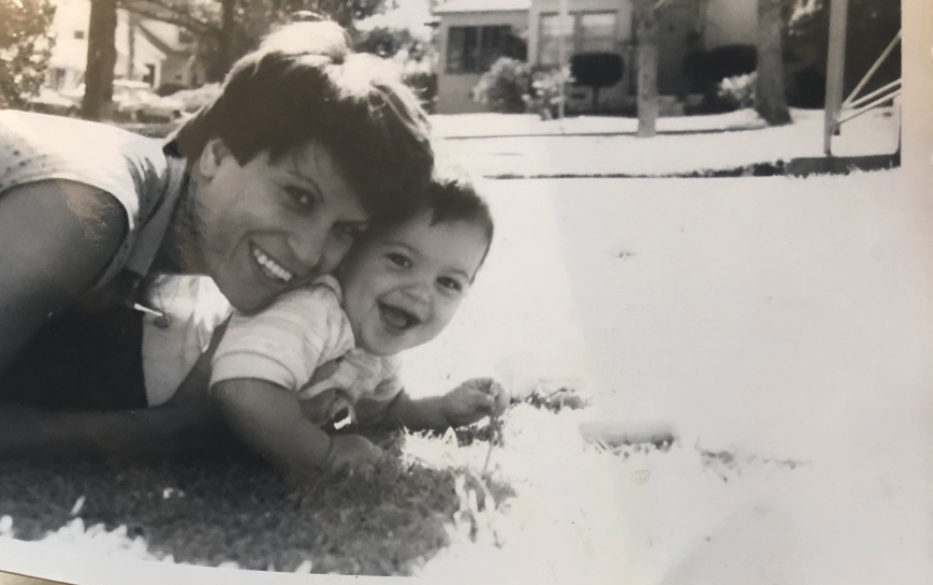
Family support, hard work, education – and little else
I grew up in La Crescenta, California – a bedroom community, middle-class suburb to Los Angeles. Think of it as a super diverse suburb of teachers, accountants, and government employees.
I was raised by my mom, a single mother, a nurse who worked three jobs to support her family. Even my middle-class friends had more than we did. The first ten years of our lives, my sister and I shared a bedroom in our 2-bedroom apartment. For the next eight years, we lived in a small condominium my mom somehow managed to save up enough for and buy.
But while we didn’t have money, we had a mother who insisted that we recognize the value of a good education.

She worked so hard for our family. And in return, she expected us to try hard in school. So I got good grades, and while I didn’t have the test scores to get into elite colleges, I was happy to get into the University of Nevada, Las Vegas.
My mom sent me off with $5,000 from a quasi life insurance policy that she had been saving. I was excited to get out of California, and I was a good enough student that I felt like a big fish in a small pond at the university.
By the end of my first year, my financial aid and my $5,000 had run out. I had to figure out how to support myself in the summer. I sold my PlayStation on eBay for $300 – just enough to pay my first month’s rent – and the job hunt began.
My first job was at a small sales intelligence company called iProfile in Henderson, Nevada, just outside of Las Vegas. I worked there for five years with the founder to grow annual revenue from $300,000 to $5 million.
This was an invaluable opportunity: a hands-on experience with a growing business in a nascent industry. It was the luckiest break in my professional career.
A few years later, my senior year, I ran for student body president – and pulled off a stunning upset! That set me up to spend the next year managing a $2 million annual budget and 20+ employees. Another lucky break, and another invaluable experience.
By the time I finished undergrad, I had realized the importance of standardized tests. I graduated cum laude … but I still needed to do well on the LSAT to get into a good law school. Fortunately, I’d saved enough to pay for a well-regarded prep course that helped me boost my score 30 percentile points.
I still think Harvard and Yale laughed at my application, but it was good enough, along with my other credentials, to get me into Ohio State.
Taking a chance – plus a few lucky breaks
During my first year at OSU, in 2007, Kirk Brown and I started DiscoverOrg.
To fund it, we each put $25,000 on credit cards and started building what I hoped would be a better version of what we had built at iProfile.
I drew on my experience to get things started: I had seen what it took to grow from basically nothing to $5 million in revenue – I just needed to execute that plan. It was really hard, and there were lots of ups and downs, but the business grew without any outside funding from 2007 to 2014. By then, we were profitably growing close to 100% year-over-year at a $25 million run-rate.
That’s when we brought in our first outside investors, TA Associates, who took a big bet on our little company: another lucky break.
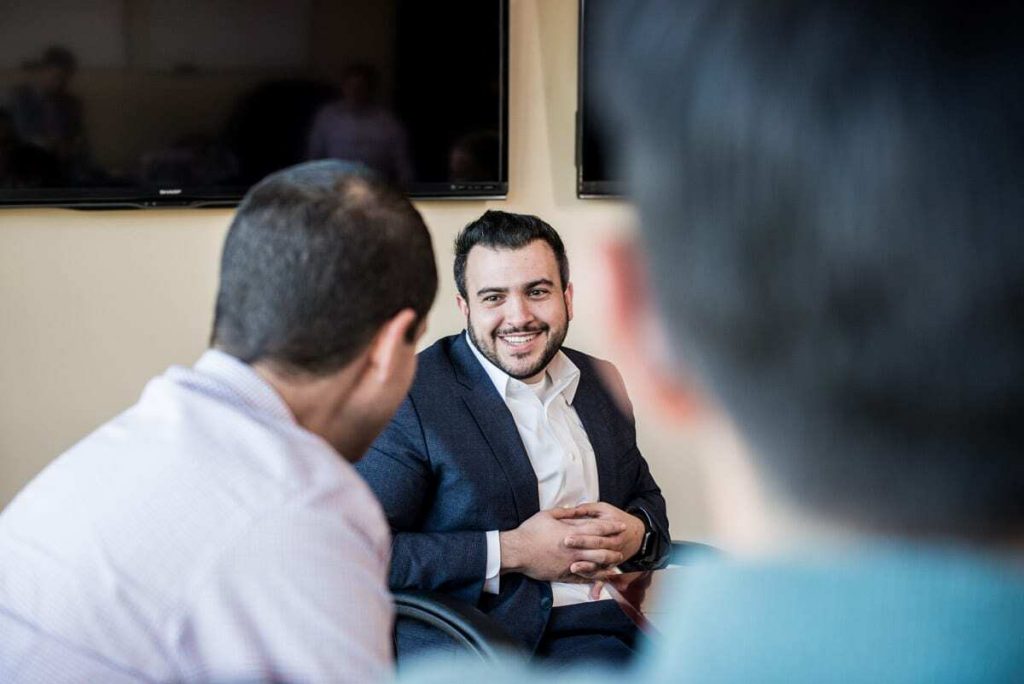
After that, the world really changed.
It seemed like everyone in the private equity world went to Harvard or Yale or Penn. And now I was in the room with them, running a company I started. And they needed me! I understood our business better, I understood the industry better.
I built something these elite investors wanted to be part of. I had a voice.
Realizing a dream
Fast-forward to that trip to Boston: February, 2019.
It’s been a couple of weeks since our company completed the acquisition of ZoomInfo, a fast-growing sales intelligence company based there.
I’m visiting the office of our investor TA Associates’ with my wife, Jessica, and my 2-year-old daughter, Grace. We want to take in the view of the city from the 58th floor of the John Hancock building.
Walking through the halls of the building, I think to myself, Look at this place! This is the height of influence and money in this country. Big-dollar decisions are made in these rooms! When I was a kid, I literally dreamed of one day being in an office like this, owning the conversation from a table like this one.
Grace walks into a boardroom with a full view of the Boston skyline – a room it took me 35 years of hard work to even be invited into – and decides to jump up and down on the boardroom table.
How different my daughter’s circumstances will be from those I grew up in! What does the American Dream mean for her?
The real American Dream
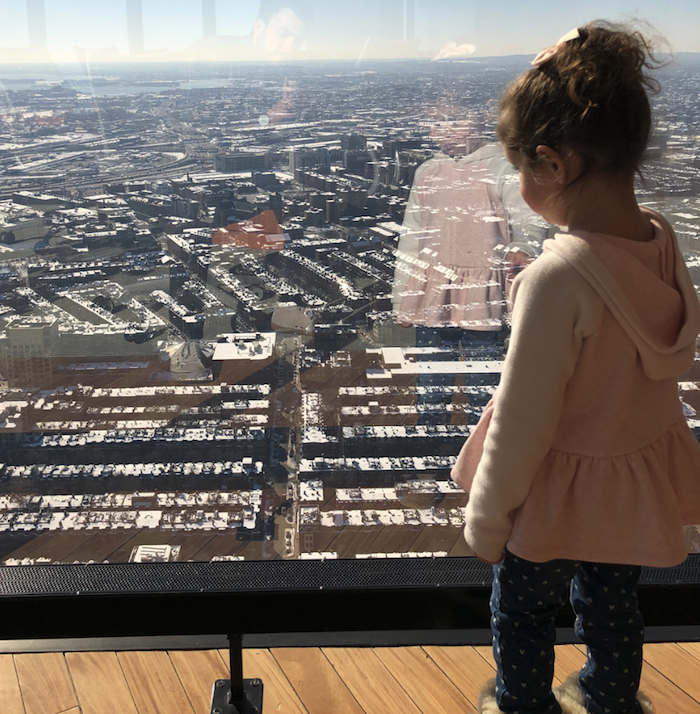
I finally realize: that dream is not about financial success.
It’s about dedicating yourself to something and doing it – whatever that may be, and however you define it for yourself.
It’s about making something of ourselves, working toward dreams that seem far away and require many steps to achieve, that push us to be more than we are in that moment, that force us to learn new things, to do the hard things. With every step, we get closer and closer to those dreams.
I am literally living the American Dream.

I didn’t come from a powerful or rich family. I didn’t require connections with the right people or under-the-table payments. Don’t misunderstand me, those things would have made my route much easier. But what I lacked in wealth or power or access, I made up for with hard work, determination, a good idea, taking some chances and, yes, getting lucky. Hard work and drive end up being a far more influential variable in how far someone goes in life than starting with built-in advantages.
The unrecognized advantage I had was my insecurity in believing that I’d be a success.
And that’s the sad thing about the college admissions scandal.
Those parents stole from their children the chance to experience failure, to feel what it’s like to not be good enough, to reflect on missteps that could have led them to success.
Failure lights a fire
When I think back on my own journey, it is not the lucky breaks that I remember; it is the failures and the misses that drove me along the way:
It was the fact that I didn’t get into an Ivy League school that gave me a chip on my shoulder
When we had a little 20-person company it was not getting the respect I thought we deserved that drove my competitive spirit to build a bigger company, one that would get noticed by the organizations that were thumbing their nose at us.
When I was passed on for CEO-of-the-Year awards, it made me hungry to reach the next level of success to prove that I was worthy of that recognition. Having competitors that were better funded with real leadership teams pushed me to prove that I could be better than them.
To rob me of those moments would be to rob me of who I am today.
I am lucky because not everything worked out for me along the way. Because at some point, I realized, Oh, I’m going to have to outwork and out-hustle everyone around me if I expect to be great and to compete with those who started with more than I did.
Dreams, as we have all come to appreciate them, tend to skip over the failures, the insecurity, and the questioning that are the drivers of their achievement.
If everything were easy, it wouldn’t be fulfilling.
Every day I think about my new dreams.
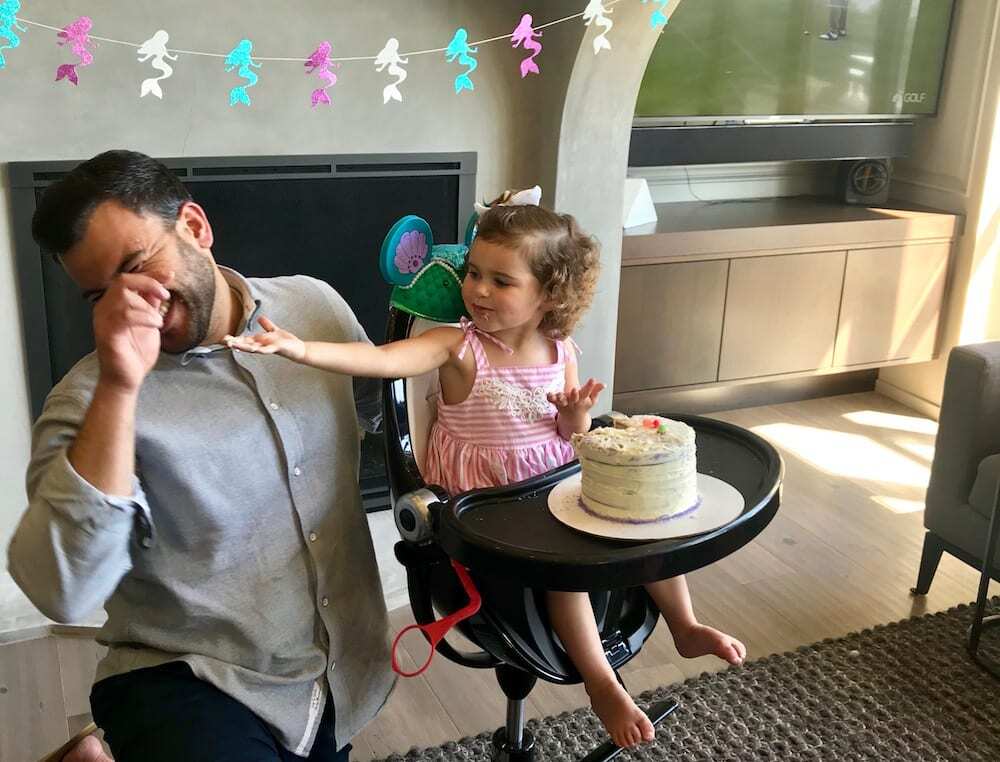
Today, they are about watching my daughter grow up and be happy and fulfilled. I dream about when she comes home from college her first time and runs into my arms and gives me “bye-bye hugs and kisses” the same way she does today.
I dream about her world and her successes. She will have vastly more financial advantages than I did growing up – but I want her to experience pain and vulnerability too. I’m excited to watch her learn how to push past those things.
I can’t wait to tell her that she is good enough, strong enough, and smart enough to achieve anything she dreams.
